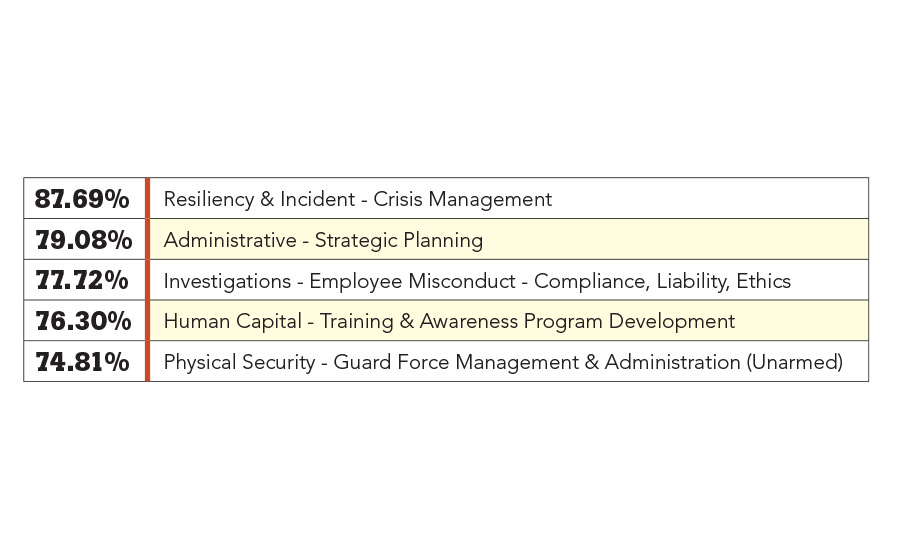Measuring Up Career Competition from the Public Sector


As many of you have observed, a number of executive roles leading corporate security department are filled by senior-level federal government officials from the law enforcement, intelligence and military communities who are retiring and seeking a second career. This is a leading point of contention for those who have spent the majority of their career advancing to management roles within private sector security functions. Generally the comments are: “What does someone from the [_____] agency know about the private sector or corporate security?”
Given the relatively small number of senior-level roles that come available within the profession, I appreciate just how frustrating as this can be. That said, there are a number of factors that can make public sector senior managers very attractive to corporate executives. Further, hiring from the public sector is not unique or unprecedented. For many years, companies have recruited military officers and placed them in their management programs. Military academy graduates exiting mid-career and leading senior-level officers have always been attractive to large private sector organizations. Many of them have had exemplary careers in some of the largest companies in the world. Often the challenges are articulating the translation of competencies and experience from their government roles to the private sector.
In a recent study, more than 1,600 security professionals were asked to select what experience skills they felt competent in from a selection of 124 key areas found in security-related position descriptions. The top five selections are shown in the chart included at the end of this article.
This may reflect a key factor in why companies find public sector managers attractive in that they feel that the senior-level law enforcement and intelligence executives have high potential – their skills, competencies and experience in leading large complex organizations and staffs. These individuals have had accountabilities for multiple offices; programs that are highly visible and have significant impact in terms of public relations; develop, obtain funding approval and manage extremely large budgets; and navigate a multitude of legal ramifications associated with their responsibilities. Often they have to successfully operate at the highest levels of leadership both in the political, commercial and international arenas. Today, many of these executives attend management and leadership programs at leading institutions of higher education and are often in classes with private sector business leaders.
This is not to diminish the challenges they face during a transition period from the public to commercial sectors, nor the personal and social culture shock that they will have to adjust to. In addition, like all employee groups and management teams, there are different levels of capabilities and skills. We have seen examples of extraordinary successes as well as failures to assimilate. However, there are numerous examples of failures within the experienced corporate security leadership community. We should not paint any group with a broad brush, or through narrow lenses without a full understanding of the nature of the role and organizational expectations. It is highly likely that operational security program knowledge is not a critical expectation. Competencies, vision, creativity, leadership skills, cultural and executive team fit may well be the deciding factor over security operational knowledge.

Looking for a reprint of this article?
From high-res PDFs to custom plaques, order your copy today!







